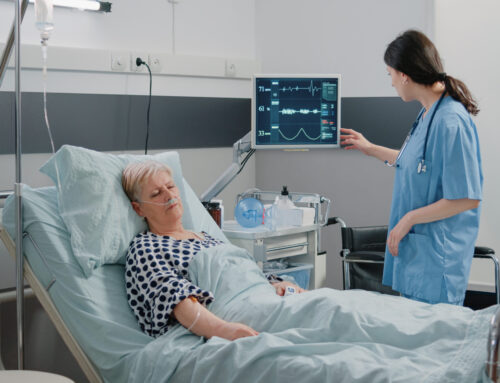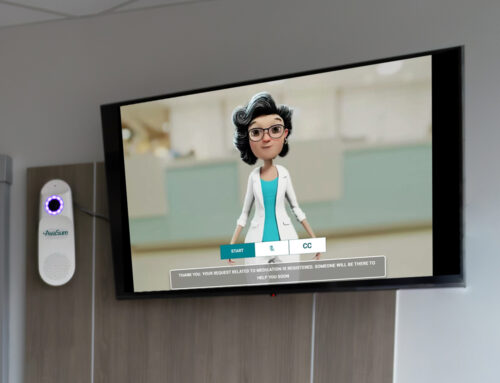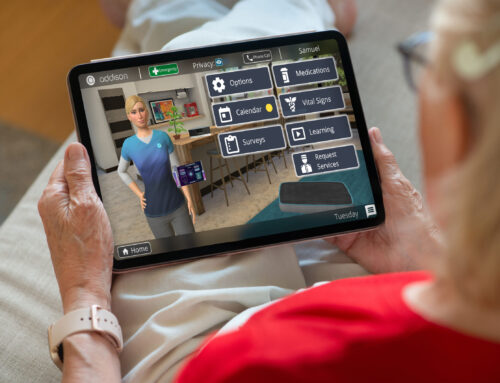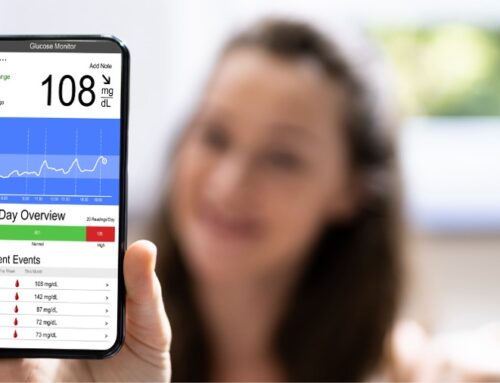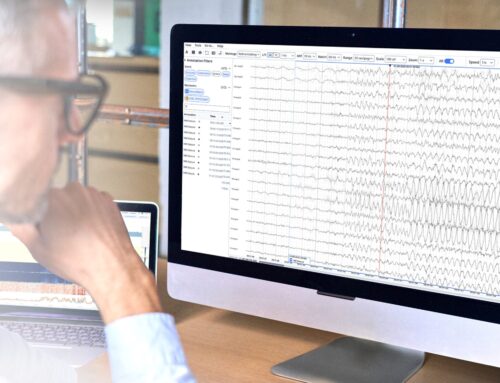A recent collaboration between Aiberry and The University of Texas at Austin has concluded that Aiberry’s AI-based mental health assessment platform holds clinical equivalency to established depression questionnaires. Significantly, the study found no evidence of bias in the model concerning gender, age, or race.
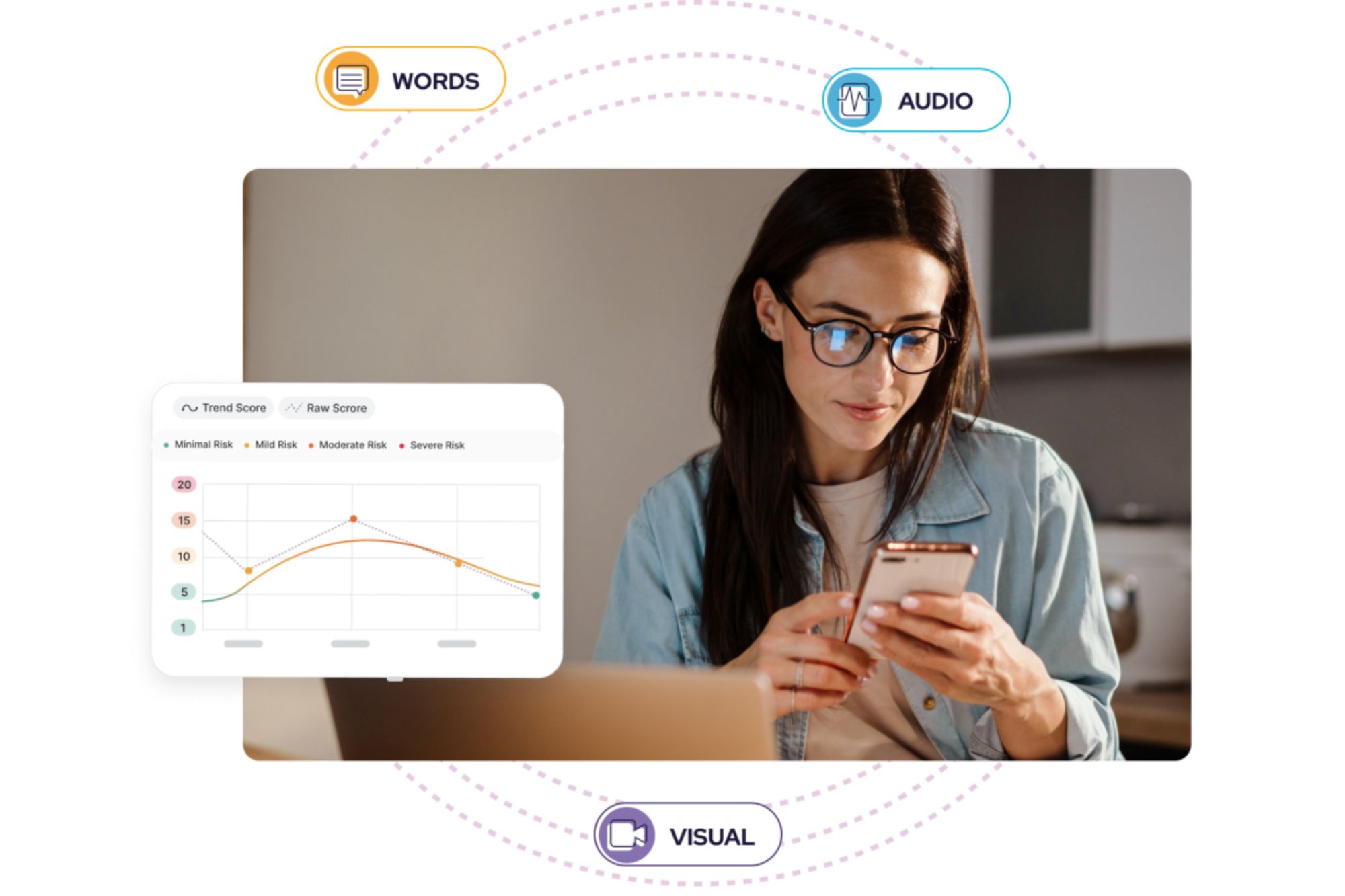
The study spotlighted the pressing issue of the mental health provider shortage and burnout in the US. Lynne Dunbrack, Group Vice President for IDC Health Insights, highlighted the potential of AI tools like Aiberry to alleviate this problem. She commented on how such platforms can offer immediate, scalable, clinically relevant information, facilitating smoother clinical decision-making and optimizing patient care.
Aiberry’s application departs from conventional depression assessment methods, which generally rely on individuals selecting answers from multiple-choice questions. Instead, users interact with “Botberry,” a digital animation, expressing their feelings in their own words. This method amalgamates the responses, generating an overall depression risk score accompanied by symptom-level insights and response transcripts.
Rachel Weisenburger, the lead author of the clinical validation study, noted the unique approach Aiberry adopts, emphasizing its ability to provide a comprehensive understanding of depression. By focusing on individual experiences, Aiberry can offer clinicians a deeper context than traditional forms.
The research, currently undergoing peer review, involved nearly 400 participants aged between 18 and 74. Participants interacted with Botberry and also filled out a traditional gold-standard depression questionnaire. When discrepancies arose between Aiberry’s risk score and the standard form, clinicians reviewed the results to gauge clinical alignment.
Feedback from the post-study user survey was overwhelmingly positive for Aiberry. Three in four users favored Aiberry over multiple-choice questionnaires. This preference heightened for those with mild-to-moderate depression risk. 88% of all participants indicated an interest in using Aiberry monthly for mental health evaluations.
Linda Chung, Aiberry Co-CEO, expressed her enthusiasm about the study’s findings, emphasizing the company’s commitment to advancing mental health screening in terms of accessibility, accuracy, and human-centricity. “In an era where the demand for mental health services far outpaces the supply of providers, having a trusted, clinically validated platform for assessment is a game-changer for both patients and clinicians,” said Linda Chung. “Crossing the clinical validation threshold is a massive milestone for Aiberry, and reaching parity with the current gold standard exceeded our initial expectations. As Aiberry continues to scale and help more people, the AI model will only improve. This is only the beginning of Aiberry’s mission to make mental health screening more accessible, accurate, and human-centered.”
Study Methodology
Conducted by The University of Texas in collaboration with Georgetown University Medical Center and the University of Arizona, this study is currently under peer review (preprint available here). Nearly 400 participants, aged 18 to 74, answered questions posed by Botberry and completed a gold-standard depression questionnaire. Aiberry then generated a depression risk score based on the Botberry-administered interview responses. In cases of meaningful discrepancies between Aiberry’s risk score and the gold-standard form, clinicians conducted a masked review to determine which they were more clinically aligned with.



